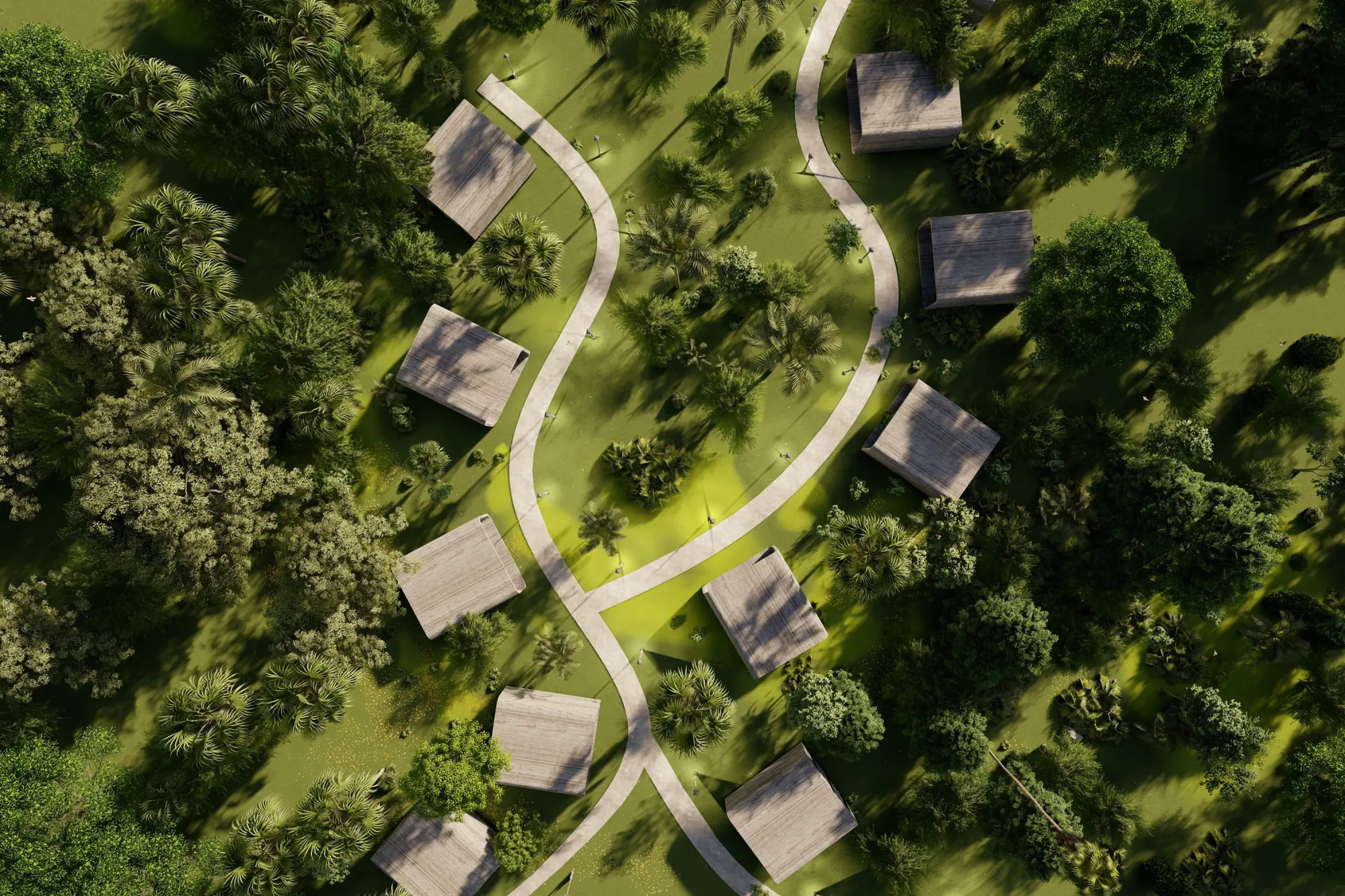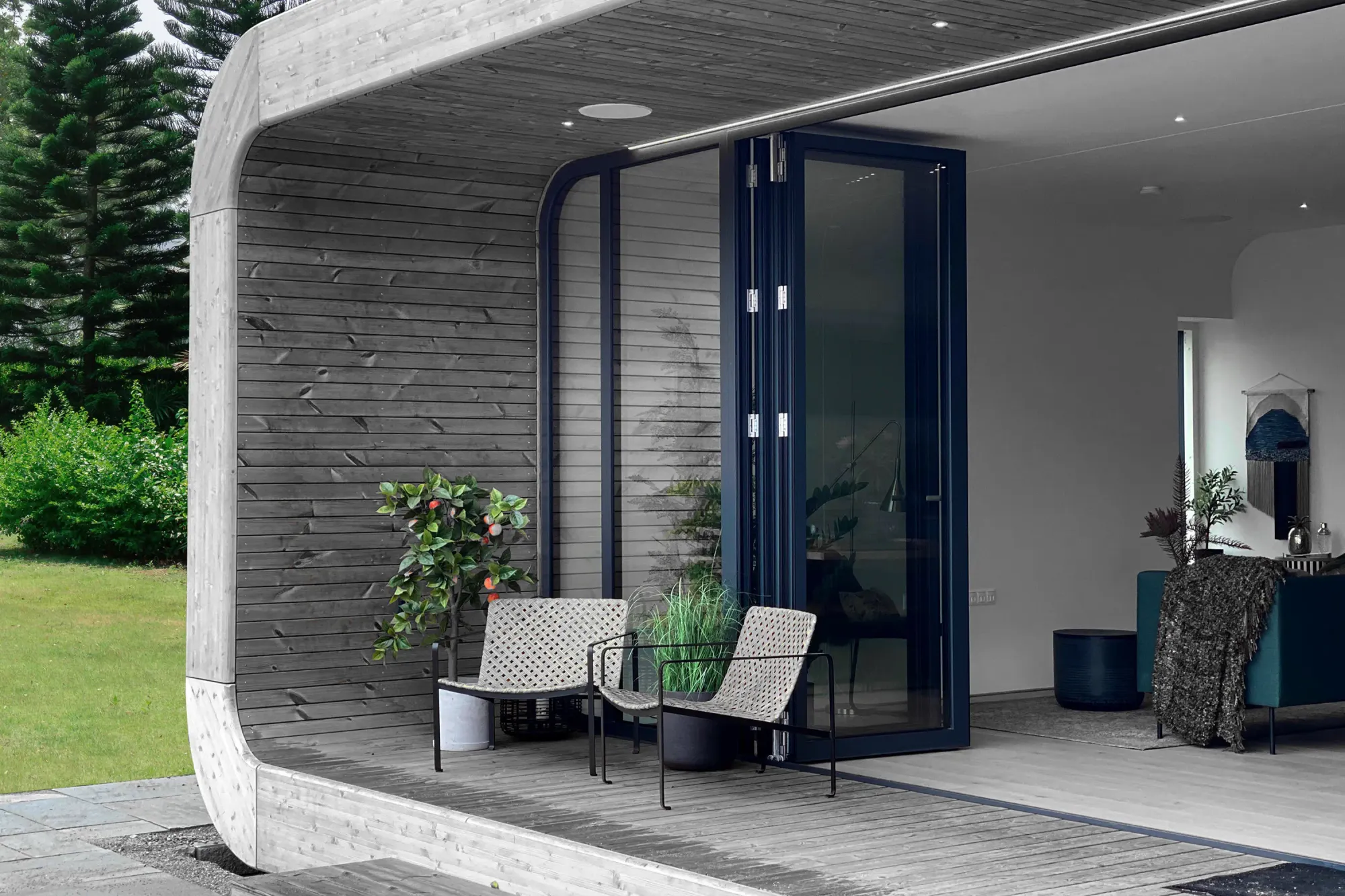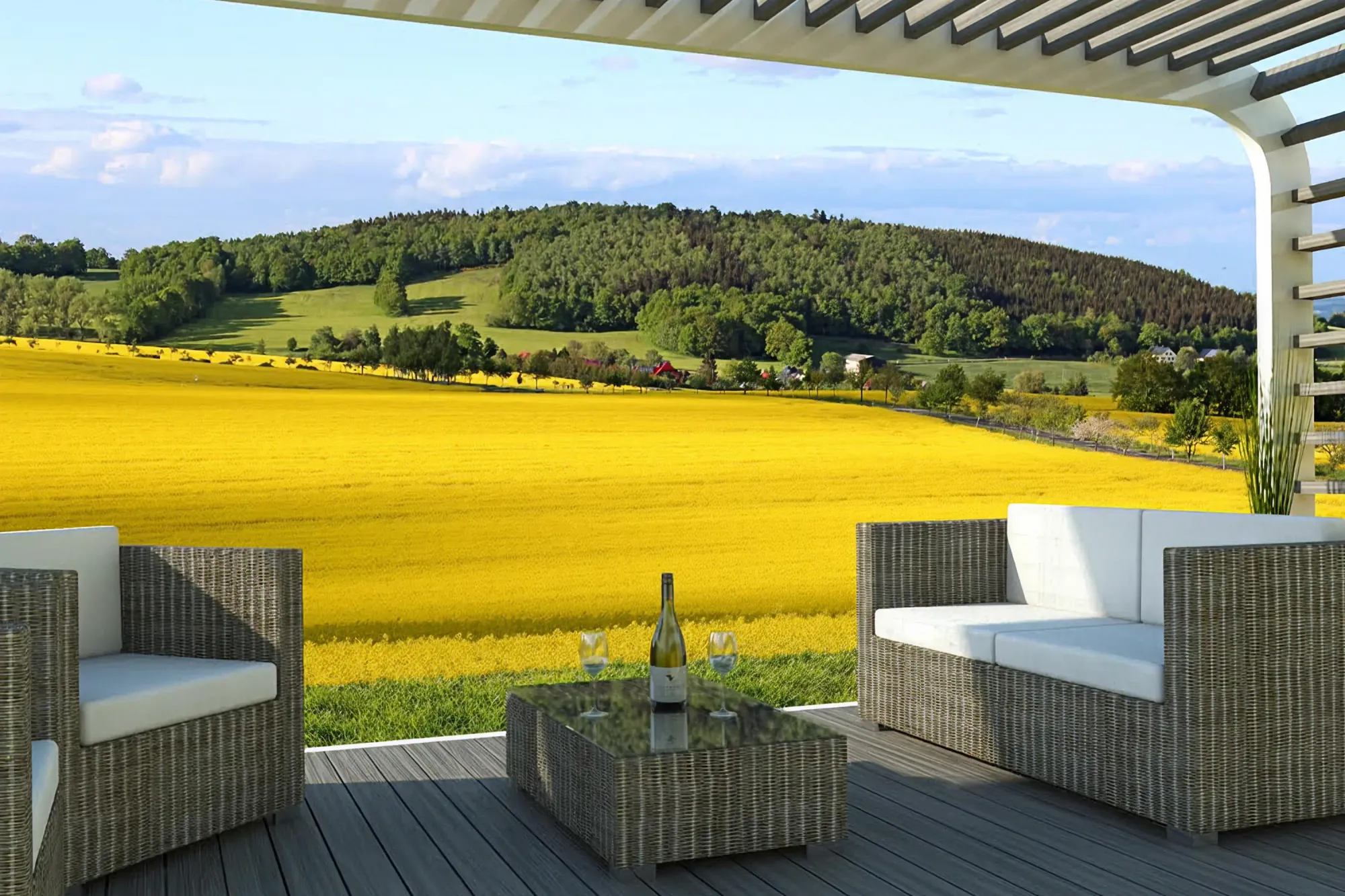Interesting Tokenization Case from Portugal: Tiny‑Homes by the Coast

While major cities are tokenizing apartment blocks and office towers, a different kind of project is taking shape in Portugal. The startup OWR Invest is developing a small community of tiny-homes on the Alentejo coast, with a focus on sustainability, community involvement, and blockchain infrastructure.
It’s an example of how real estate tokenization isn’t limited to large developments — it can also support niche, eco-conscious models.
What OWR Is Planning

According to their pitch deck, OWR Invest plans to build a network of energy-efficient tiny homes on a 1.5-hectare coastal plot in Alentejo. These units will be used for short-term stays, tourism, and leisure, designed to minimize disruption to the natural surroundings.
The goal, as OWR puts it, is to “make the beauty of Portugal accessible — without damaging it.” The homes will be modular and lightweight, easily installed and removed without permanent foundations. This approach makes it easier to comply with environmental regulations while also preserving the long-term flexibility of the land.
To realize the vision, OWR is partnering with sustainable housing manufacturers such as LoftsToGo and coodo, who specialize in high-quality, mobile units built from eco-friendly materials. The homes feature smart energy systems, water-saving technology, and minimalist interiors that reflect a low-footprint lifestyle.
The project also includes input from local architects, legal advisors, and hospitality consultants to ensure regulatory compliance and operational viability. Future guests and investors may even have a say in how the surrounding infrastructure — such as walking trails, shared spaces, and services — is developed.
The Role of Blockchain
Central to the model is real estate tokenization. The land and built assets will be divided into digital tokens, available through OWR’s investment platform. Each token represents fractional ownership in the project — meaning investors hold a direct stake in the underlying property.
Token holders are expected to benefit from two main income streams:
- Rental yield from the resort’s short-term guests, distributed proportionally to token holders.
- Appreciation in asset value, should the project grow in popularity or if the land itself gains value over time.
This structure makes it possible for both local and international investors to participate without needing to buy an entire home or manage property directly. It also lowers the capital threshold, allowing access for smaller investors who want to support sustainable tourism and real estate.
It’s worth noting that the final legal terms of the token structure have not yet been published. Interested participants should monitor the project’s progress and review its final compliance documentation when available.
What Makes OWR Stand Out

This project is unique in three core aspects:
- Compact, Purpose-Driven Design: Rather than sprawling developments, these tiny-homes emphasize minimalist luxury and environmental harmony.
- Eco-First Mindset: The project supports low-impact living, integrates with the landscape, and reduces its carbon footprint wherever possible.
- Decentralized Ownership: Tokenization ensures shared ownership and participation at a global scale, yet supports a local, community-focused experience.
OWR proves tokenization can match localized, sustainable models — often dismissed as too niche for digital real estate innovation.
Why It Matters — A New Tokenization Frontier
By applying blockchain to a small-scale eco-hospitality initiative, the OWR model broadens the reach of tokenized real estate. The project demonstrates:
- Tokenization’s adaptability beyond traditional commercial and residential assets.
- A new audience: those seeking meaningful, sustainable investments in hospitality.
- Replicability: the model could appeal to eco-tourism hubs worldwide — the Pacific Northwest, New Zealand’s coasts, or Japan’s countryside resorts.

The OWR Invest project in Portugal may be small, but it’s a meaningful case of how blockchain can power local, sustainable real estate initiatives. It doesn't aim for mass adoption — yet — but it shows that real estate tokenization can serve more than just large cities and luxury properties.
By using blockchain to connect investors with green, affordable housing, this model shows a promising future for niche segments of the digital real estate market.
Image credit: Photos and visual materials used in this article were sourced from coodo.com. All rights belong to their respective owners.
💡 Don’t stop here:
Discover more about tokenization’s impact and trends:
– Tokenization: Trends and Forecasts for the Next 5 Years
– Understanding Real World Asset Tokenization
– Top 5 Legal Challenges in Real Estate Tokenization — and How to Overcome Them
Subscribe for updates on global adoption, technology, and regulation in tokenized real estate.

